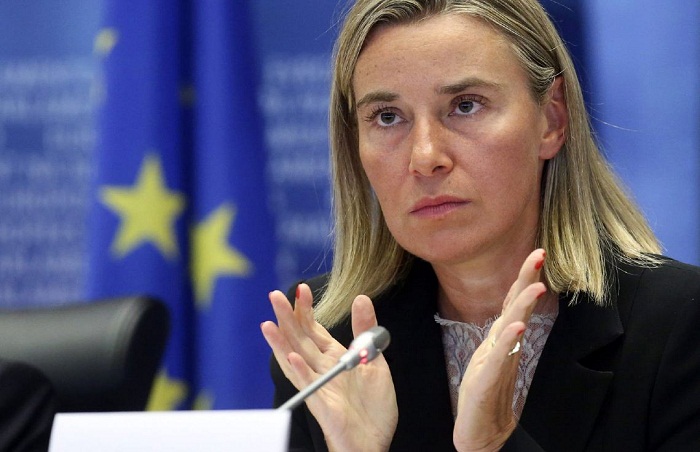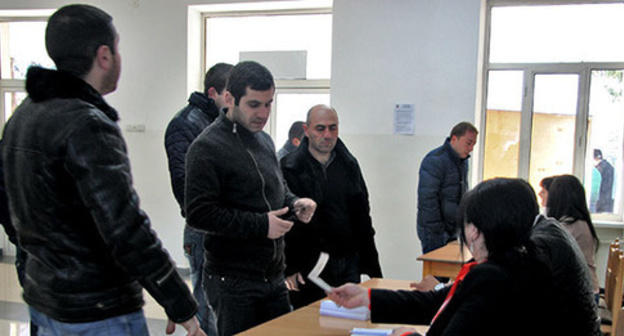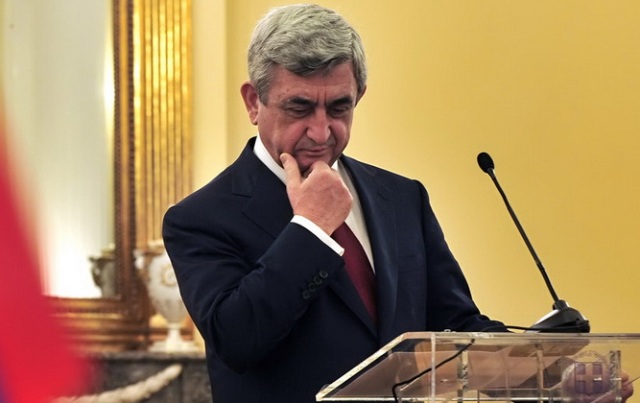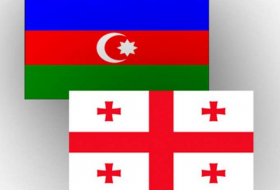These were the findings of the European Platform for Democratic Elections (EPDE), a coalition of fourteen international human rights NGOs, AzVision.az reports citing The Parliament Magazine.
The magazine reads:
`On polling day, around 700 EPDE observers, accompanied by 700 journalists and experts, were deployed to 500 precincts in all regions of the country.
The international institutions that usually monitor elections were inexplicably absent on the ground. Only representatives of CIS countries - far from having the best record for good practices at election times - were present as observers.
Although the OSCE Office for Democratic Institutions and Human Rights routinely deploys hundreds of both long and short-term observers, on this occasion they only sent four experts, which were based in Yerevan.
In addition, they will not publish their report until February 2016, by which time the issue will be off the radar, rendering the contents redundant and without impact.
The Parliamentary Assembly of the Council of Europe raised concerns about the vote. It said the run-up had been marred by "little public debate," and that the low turnout "reflects the fact that the referendum was driven by political interests instead of the needs of the Armenian public".

In the EU, the European external action service was silent and remained invisible before and during the referendum. Despite massive rigging, the next day, EU foreign affairs chief Federica Mogherini, issued a press release announcing the beginning of negotiations for a new agreement, saying, "[Our] shared common values and strong commitment to democracy, human rights and rule of law will be at the basis of the new agreement."
On 10 December, the EU delegation to Armenia issued a very cautious statement agreeing with the EU member states heads of mission. They noted both the preliminary results and “the concerns expressed by independent observers” over the alleged frauds. They said that; “If these are confirmed, the referendum would be a missed opportunity.”
In other countries and at other times, the EU and other international institutions have issued much more critical statements about elections marred with fraud. This time, Brussels has failed to do so in the case of Armenia.
According to the data from the Central Election Commission, the turnout was just 0.5 per cent over the 50 per cent threshold required to make it valid. This raised a great deal of suspicion amongst observing NGOs.
Armenian citizens were largely unmoved by the idea of thorough revision to their Constitution; in their eyes, it was simply to maintain the power of the current oligarchy. Officially, 63.35 per cent of those voting supported the new constitution, versus 32.35 per cent against. However, this represents only 31 per cent of the electorate.
The validity of the vote is contested by the opposition parties, Armenian NGOs, and the EPDE member NGOs.
On polling day, their observers and some of the international media reported intimidation and threats across the country. OSCE Representative on Freedom of the Media, Dunja Mijatovic, expressed concern over cases of obstruction and threats against Armenian journalists covering the referendum.
These included assaults and attacks on journalists from iLur.am, Radio Liberty, and online newspaper Hetq.am.
The final outcome of the vote was influenced by numerous manipulations of the electoral roll, violations during voting and the counts, as well as numerous falsifications of results by electoral commissions.
Cases of inaccuracies, including dead voters still appearing on the electoral roll or large groups of people registered at a single address were reported. In the village of Kasakh, 178 `residents` were registered at a one apartment.

Some people were unable to cast their ballot because someone else had already voted in their name, while others discovered that somebody had voted in the names of their absent or dead relatives.
EPDE reported 57 cases of multiple voting and 20 cases of organised transportation of voters. Instructions to voters in and outside of the polling stations were reported in 50 cases, and violation of the vote confidentiality in 51 cases. There were 14 cases of ballot box stuffing registered, as well as reports of vote-buying and bribery.
Consequently, EPDE considers that the referendum results do not reflect the votes of the Armenian citizens and should therefore be considered illegal.
Armenian activists and foreign NGOs who courageously denounced such massive violations would have expected more than “concerns” by the international institutions. This called for an unambiguous outcry.
It is not too late for the EU to listen and to offer support to the activists and NGOs in their fight for fair elections. It is also not too late for the EU to publicly question the decision of Armenia`s central election commission to approve the results of the referendum and adopt the new Constitution on 13 December.`
















































